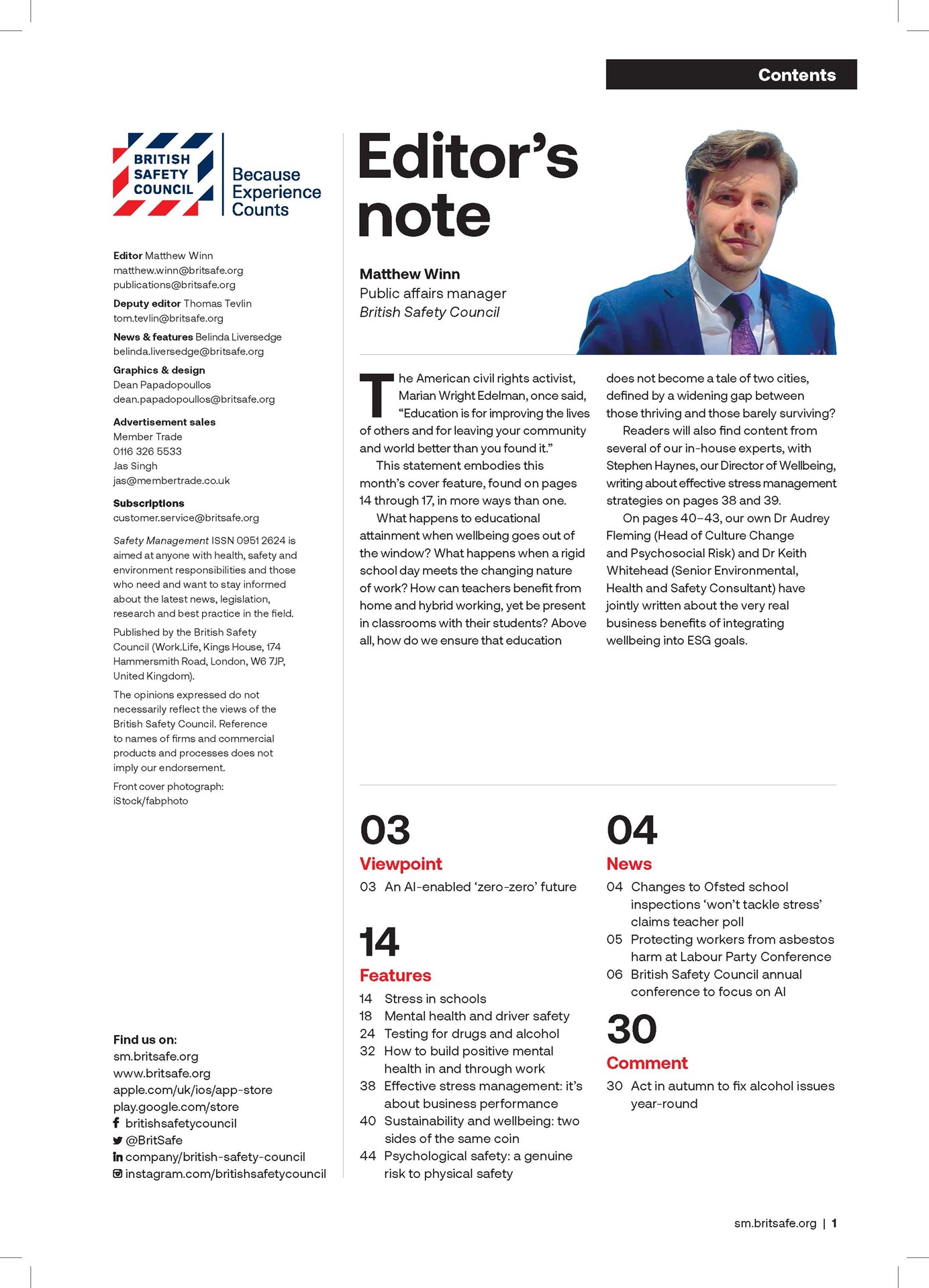Employers should “start preparing now” for three key measures expected in Employment Rights Bill which will give women enhanced rights in the workplace, said a senior lawyer.
News
Employers urged to get ready for new equality-based rights
Speaking at the Westminster Forum’s policy conference, last week, Amanda Steadman, principal lawyer at BDBF, said more will be expected from large and well-resourced employers under the new legislation.
“It would be sensible for employers to start preparing for these changes now rather than waiting for the Bill to pass,” she said.
Key among their new legal responsibilities will be to crack down on sexual harassment at work. Firms with more than 250 workers will also have to take positive steps to reduce their gender pay gaps and to support women undergoing the menopause.
Running through these three proposed changes, Steadman explained the current employer’s duty to prevent sexual harassment is to be upgraded from taking “some reasonable steps” to “all reasonable steps.”
 "Progress in closing gender pay gaps has been and remains slow." Photograph: iStock
"Progress in closing gender pay gaps has been and remains slow." Photograph: iStock
The Bill will also introduce employers’ liability for harassment at work from third parties and this will include sexual harassment. Large companies and sectors such as hospitality will have to do more: “The introduction of liability for third party harassment significantly widens an employer’s exposure to claims of discriminatory harassment,” she said at the ‘Next steps for women in the workplace’ online conference on 26 March.
Secondly, companies which currently report on their gender pay gap will have to produce action plans to reduce that pay gap.
It was the “hope that what gets measured gets managed”, she said. But: “progress in closing gender pay gaps has been and remains slow.”
Similarly, the requirement to produce yearly action plans for the menopause will come under the scope of the law, with leeway for more areas in future: “The Bill [will] require those [firms] to develop and publish equality action plans on an annual basis and those plans must set out steps the employer is taking in relation to gender equality and at the moment the Bill says that will cover steps to cover pay gap and menopause,” she said. “That list may be expanded in due course.”
Moving to a more accountable system should be good for equality at work, she said. “I think the annual reporting cycle will mean that the employers can be held to account for their reported measures.”
The Employment Rights Bill covers reforms to many areas of employment law, including unfair dismissal, flexible working, statutory sick pay, family leave, protections against harassment, fire and rehire and trade union law.
MPs are currently considering amendments before it returns to the debating chamber for its third reading.
NEWS

Top jobs in safety in greatest demand right now, says recruiter
By Belinda Liversedge on 29 October 2025
Senior safety professionals who can influence culture, lead transformation, and align health and safety with wider business goals are in growing demand by employers, the recruiter Irwin & Colton have said.

HSE inspectors target Manchester construction sites as part of health drive
By Belinda Liversedge on 28 October 2025
HSE inspectors made a series of proactive inspections last week in Manchester city centre to tackle ill-health on construction sites.

Headline fines highlight common errors in reversing
By Belinda Liversedge on 24 October 2025
Reversing incidents have come into sharp focus in recent months, says HSE with two high profile fines totalling £3.5 million for the death of two workers.



